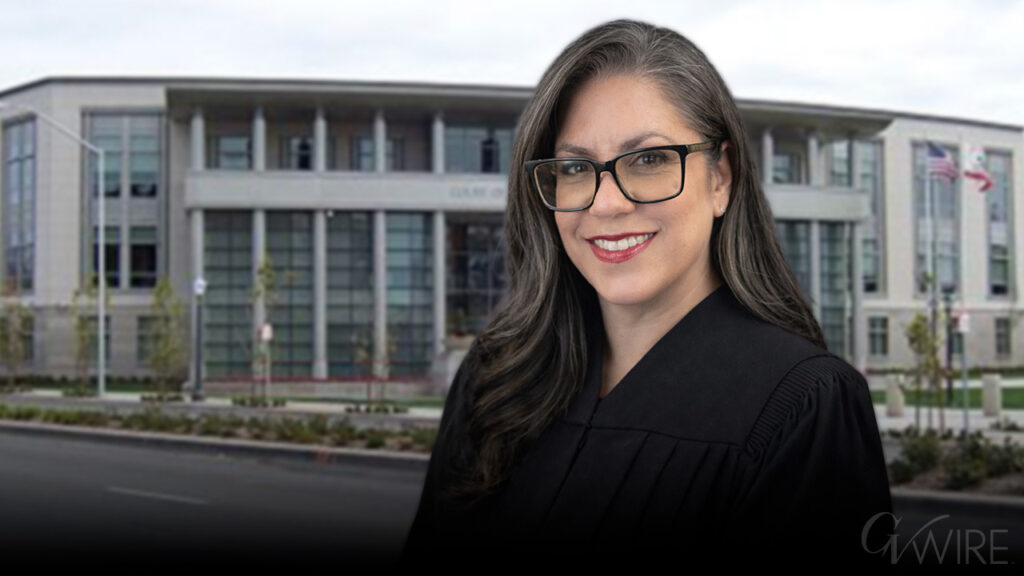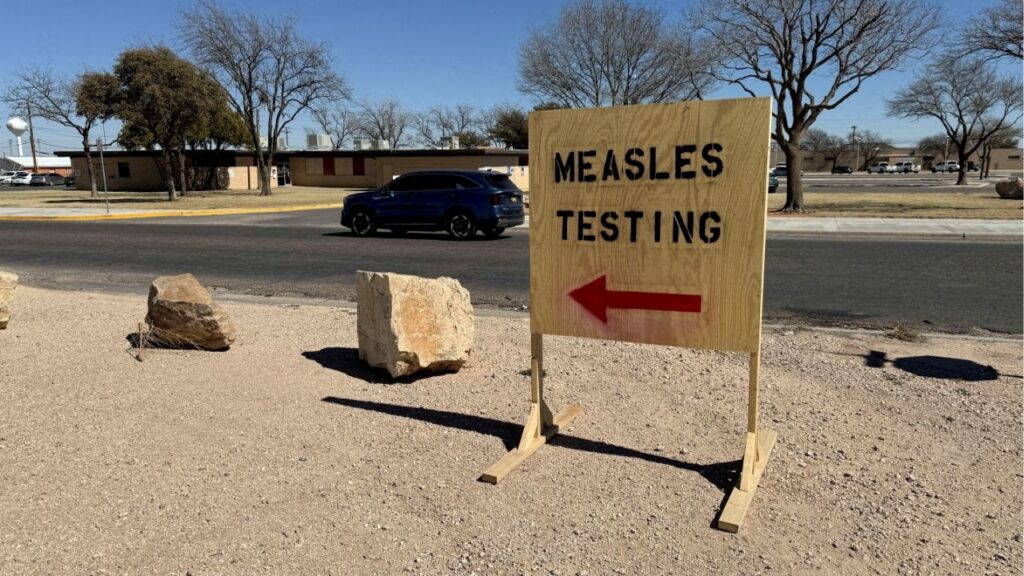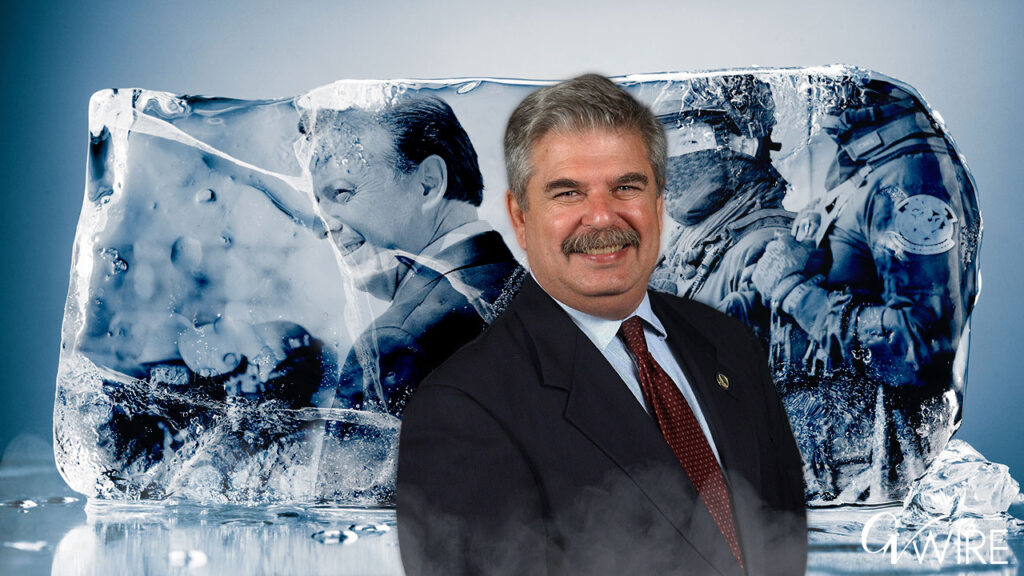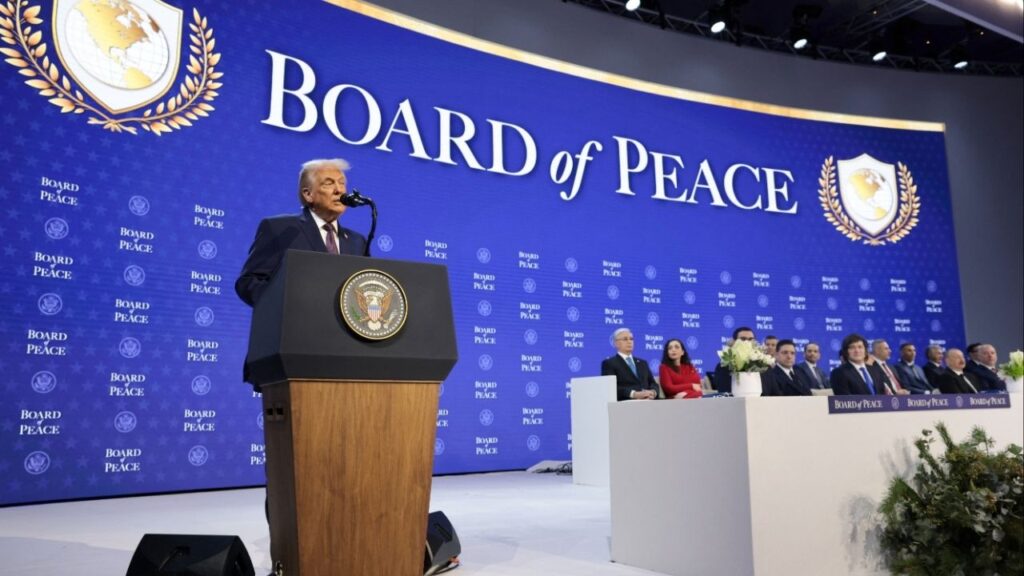Share
The prospect of the state mandating how Fresno decides future growth prompted council members to choose their own path to implement a controversial law Thursday.

“As a Berkeley Democrat, I am stunned that it’s gone so far because my party purports to be fair-minded, and to care about civil rights. The reason this even has traction is because it’s aimed primarily at minority California.”–Jennifer Hernandez, Attorney for the Two Hundred
“I think everybody knows that Sacramento develops laws and tries to (push) a one size fits all (approach),” said Fresno City Councilmember Luis Chavez. “But at the end of the day, I think with this we’re going to have to choose the lesser of two very difficult decisions.”

“But at the end of the day, I think with this we’re going to have to choose the lesser of two very difficult decisions.” — Fresno City Councilmember Luiz Chavez
The council voted 5-1 (with Paul Caprioglio absent and Garry Bredefeld opposed) to adopt a 13% reduction in vehicle miles traveled (VMT), versus a potential 15% mandate from Sacramento.
Backers of the VMT plan say it will help California reach its goal of reducing greenhouse gas emissions.
Some cities — Pasadena, San Luis Obispo, San Francisco, Los Angeles, and Oakland, for example — already are using VMT.
But planning agencies representing more than half of California’s 40 million residents have asked Gov. Gavin Newsom to delay VMT for one or two years. These agencies are concerned about worsening the state’s housing shortage and further hurting the economy amid the coronavirus pandemic. Critics also point out that VMT doesn’t account for telecommuters or people who drive zero-emission vehicles.
Potential of VMT Costs
Councilmembers Mike Karbassi and Bredefeld expressed concerns about VMT’s impact on the cost of housing.
City planning manager Sophia Pagoulatos told the council that she didn’t know what the added costs of VMT will be: “It’s such a new law, it could cost more.”
Karbassi directed staff to provide more information by the end of the year.
“I’d like staff to come back in six months and provide us with a report on the impact of the implementation VMT on the housing market,” Karbassi said

“I’d like staff to come back in six months and provide us with a report on the impact of the implementation VMT on the housing market.”–Fresno City Councilmember Mike Karbassi
An official with the Building Industry Association of Fresno-Madera Counties has estimated that the VMT fees for a 20-unit project in Clovis would be $460,000 over 30 years — or $23,000 a unit.
And, while the developer bears the costs upfront, it is passed on to homebuyers and renters. In theory, a developer might be asked to subsidize vanpooling for residents of a new housing tract or apartment complex as a mitigating factor.
What is VMT?
Starting July 1, new projects will no longer be assessed a fee by how much traffic congestion is created.
Instead, VMT will be applied to new developments. For instance, if a person drives to multiple places a day — work, store, soccer practice, etc. — all of those miles are counted up. Then a VMT fee is calculated for the development. The goal, according to the bill’s supporters, is to reduce greenhouse gas emissions. VMT is the implementation plan for Senate Bill 743, which became law in 2013.
Frustration During Public Comment
After a staff presentation on VMT works and what mitigation methods need to be attached to housing, transportation, and business projects, the public comments began.
A common theme was a lack of outreach ahead of the VMT discussion.
Ivanka Saunders from the Leadership Counsel said, “We’re disappointed to see that such an important process did not have nearly any public process as it was developed, and we really only became aware of where the city was on this process, when it was put on the council agenda a few weeks ago.”
Denise Rogers, the Fresno State NAACP Political Action Chair said, “It’s been pretty difficult to understand what is being said and being able to interpret it and I can’t imagine community members, being able to stay engaged and not being able to understand what you guys are voting on.”
“The language within the presentation absolutely was not clear and it happened way too fast for community members to keep up with and like actively engage and provide feedback,” said Fresno State NAACP President D’Aungillique Jackson.
Council Member Comments
Council Members expressed frustration with having to vote on something vague.
Said Bredefeld: “So, we’re implementing a new regulation, but we don’t know what the cost will be to the developer which will ultimately be passed on to a prospective homeowner?”
Pagoulatos answered, “That is correct.”
Chavez pointed with concern to a map showing southwest Fresno having to potentially pay more in VMT mitigation fees.
“What does that do for development along that area over there? How does that community incentivize a shopping center to come there when they don’t have a lot of that infrastructure (needed to offset VMT)?”
Impact on Communities of Color Debated
Council president Miguel Arias took issue with what he says is a “false narrative” coming from Bay Area lawyers who claim VMT will hurt communities of color.

“Seven council members of this city are in a far better position and qualified to speak on their behalf than some Bay Area lawyer who is getting paid to make a false narrative.”–Fresno City Council President Miguel Arias
Arias did not name the lawyers, but GV Wire℠ spoke with attorney Jennifer Hernandez and consultant Robert Apodaca who are part of The Two Hundred, a statewide coalition of community leaders, opinion-makers, and minority advocates.
“As a Berkeley Democrat, I am stunned that it’s gone so far because my party purports to be fair-minded, and to care about civil rights,” attorney Jennifer Hernandez told GV Wire℠ in early May. “The reason this even has traction is because it’s aimed primarily at minority California.”
Hernandez said that minorities are most likely to have to drive far distances to afford homes away from their place of employment.
“Seven council members of this city are in a far better position and qualified to speak on their behalf than some Bay Area lawyer who is getting paid to make a false narrative,” Arias said.
[activecampaign form=27]
RELATED TOPICS:
Categories

Fresno Judge Changing Robes with Appellate Court Nomination

Measles Cases in South Carolina Rise by 11 to 973

US Lawmakers Plan Iran War Powers Vote as Trump Weighs Strikes

Steam Down for Thousands, According to Downdetector















